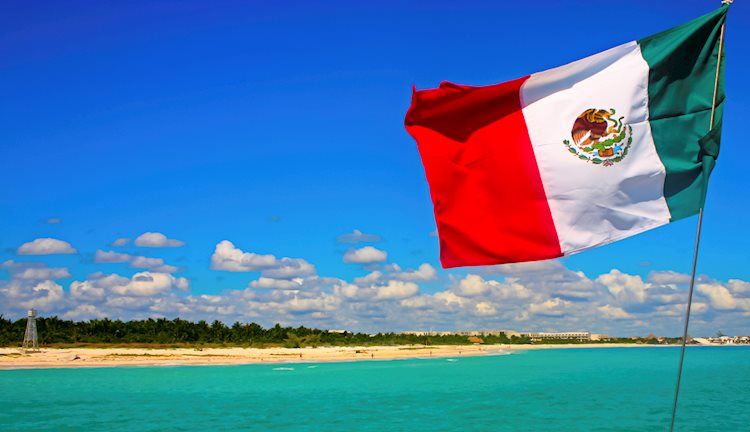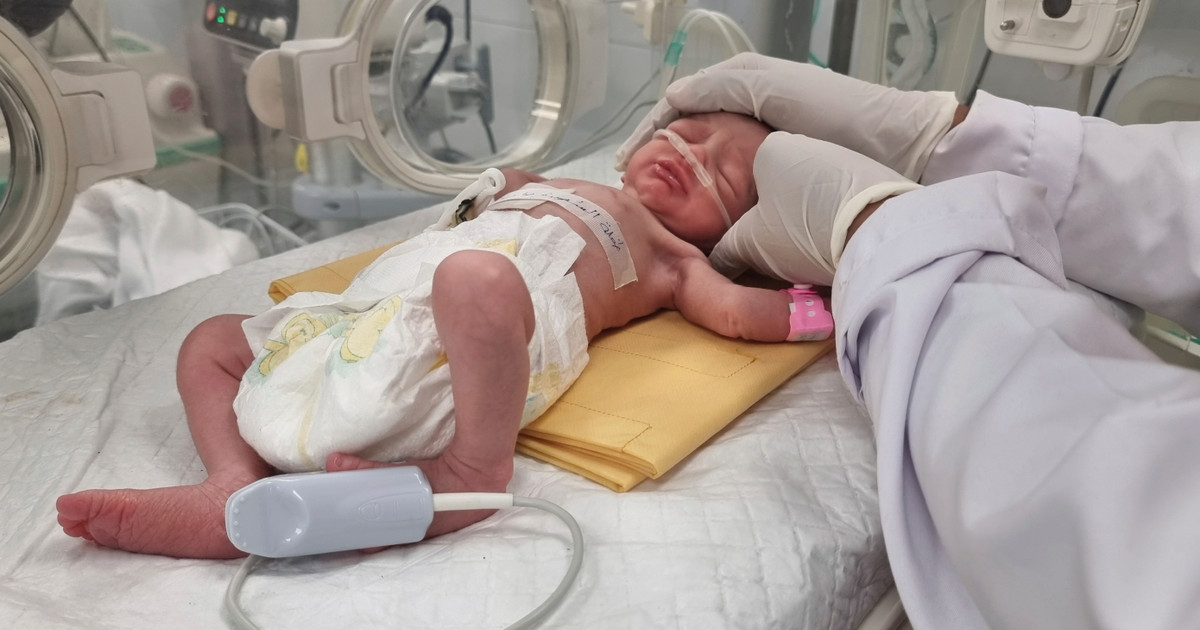January 20, 2021, a demonstration was announced on the emblematic Independence Square in the Malian capital, Bamako, to demand the departure of French troops from Mali. Its initiators? Elements of a collective called “Yèrèwolo”, some of which are also members of the National Transitional Council – CNT (the legislative body of the transition underway in Mali); as well as Malian activists very active on Facebook. The latter, for the most part, reside outside Mali, notably in France and the United States, but had made the trip to attend the demonstration.
The Franco-Beninese activist Kémi Séba, who made himself known through his positions against the African policies of France, also traveled to Bamako to support the organizers of the demonstration. However, we knew very well, as soon as it was announced, that it would not receive authorization from the public authorities, who now do not hesitate to mention the health context linked to Covid-19, as well as the state of emergency in force, to prohibit any public gathering that does not obtain their consent.
Similar protests had previously been held sporadically in Mali and other Sahelian countries, prompting French President Emmanuel Macron to demand clarification from his G5 Sahel peers on their willingness to maintain or not the Barkhane force in their country. respective countries. This “summons” of Sahelian presidents by Macron, within the framework of the Pau summit of January 13, 2020, was certainly due to the fact that some of them had seemed to allow anti-French critics to flourish, a way of masking their own inadequacies in the security governance of their countries. The response of the African presidents was, however, without any ambiguity, in favor of maintaining Barkhane.
As soon as it took power during the coup d’état of August 18, 2020, the junta currently in business in Bamako had, in its first televised address, reassured Mali’s international partners – in the foreground of which France – on the respect of all military agreements concluded with the deposed regime. The support of the transitional authorities for the French military presence was all the more predictable as the current president of the transition, Bah N’Daw, had signed the Franco-Malian military cooperation agreements as Minister of Defense of the deposed president, Ibrahim Boubacar Kéita, in 2014. In his speech of January 20, on the occasion of the 60e anniversary of the Malian army, its position was clearly reaffirmed:
“I would like to renew our country’s gratitude to the international community whose armies are at our side and whose soldiers are risking their lives for the liberation of our country. ”
The reasons for the persistence of criticism against Barkhane
The question of whether or not to maintain Barkhane seems much less important to us than that of filling the void that a premature departure would create. The demand for his departure should not precede debates on the various possibilities for his replacement; and it is primarily up to the Malians to hold these debates.
From this point of view, some of France’s positions regarding the strategy to be maintained have reinforced reluctance and fueled criticism against Operation Barkhane. Paris certainly has its own vision and its own calculations, often different from those of the Malian authorities. One of these controversial questions concerns the establishment of a dialogue with jihadist groups, wanted by the Malian authorities, but rejected by France. The latter, however, eventually changed its position on the issue by paving the way for discussions with armed groups – but only with local groups, and not with those with an international dimension such as Al-Qaeda and the Islamic State.
In addition, the analyzes seem to converge on the relative ineffectiveness of all the armed forces, national and foreign, in securing Mali and the West African Sahel in general. Barkhane would appear from this point of view useless in the eyes of many inhabitants of Mali. But this is to forget that its presence, as ineffective as it may appear, undoubtedly allows to annihilate to a certain extent the capacity for expansion of the armed terrorist groups which scour the north of Mali.
A large part of the arguments mobilized against Barkhane by his detractors are also based on rumors. French soldiers are sometimes accused of trafficking in Malian gold; not to deliberately assist the Malian Armed Forces (a statement relayed by some officials); to provide motorcycles to jihadists; or to simulate the dead in their ranks.
The success of the mobilisations against the presence of Barkhane is due to two essential points: (1) the fact that its initiators succeeded in making France, with part of the population, responsible for the Malian crisis, by completely concealing the responsibilities of Malian actors. And (2) their ability to massively disseminate these rumors to a significant portion of the population via social networks. These practices have become the “goodwill” of several Malian activists present in particular on Facebook, and who communicate in the local language for a larger audience.
What are the risks in the event of an early departure from Barkhane?
The prevailing context in Mali makes it often difficult to support the French military presence in this country without appearing to be in France’s pay. This is even more the case for those among the Malian intellectuals known to have (or to have had) links with France.
The reality is that those who demand the immediate departure of Barkhane seem unaware of the reality of the theaters of operations, and the extreme complexity of the Malian crisis. Nor do they seem to realize that the Malian armed forces (FAMa) are not immediately able to take over. The training programs as well as the military planning law (an ambitious investment of CFAF 1,230 billion, or € 1.8 billion) did not lead to the expected results, for lack of adequate and transparent use.
The calls to demonstrate in Bamako to demand the departure of French troops from Mali are essentially “populism” for anyone who knows a little about the real condition of the FAMa, which lack everything: leadership; human resources (a workforce of 20,000 soldiers provided for by the military planning law (2019) for a territory of 1,240,000 km2); adequate training; materials necessary and adapted to theaters of operations; and even water and food. So many shortcomings that have a negative effect on the morale of troops deployed in theaters of operations, and whose bonuses have long been misappropriated by their hierarchy.
The condition of the Malian armed forces and the need for support from Barkhane
On November 21, 2019, Ibrahima Dahirou Dembélé, at the time Minister of Defense and former Chief of Staff of the Armed Forces, questioned by parliamentarians, gave a very informative response on the real state of the Malian army as well as on Barkhane’s contribution to securing Mali: “To date, the special forces had no means. When I went to see them with the survivors [lors de l’attaque de Boulikessi le 6 octobre 2019], they said to me: “We only have these two bottles, how are you going to give us food and drink?” “.
To the deputy of the last legislature Moussa Diarra, known for his hostility to the French military presence in Mali, who was astonished at Barkhane’s inaction during the attacks against the FAMa, Ibrahima Dahirou Dembélé replied that Barkhane’s sole aim was to support the Malian armed forces and not replace them. And Minister Dembélé to launch to the parliamentarian: “It is not by staying in Bamako, by collecting rumors, that you will play your role as parliamentarian. ”
Changes certainly deserve to be made in the strategy currently maintained. But, contrary to what Barkhane’s detractors claim, his hasty departure will not solve Mali’s security problems (moreover, the political and military authorities seem to be well aware of this). On the contrary, the risk would be that armed terrorist groups would hasten to fill the vacuum that would then be created, especially since we can already be certain that the FAMa could not do so for the many reasons mentioned above. .
Another alternative to the Barkhane force is the G5-Sahel, which was set up for this purpose. Created in February 2014, with a view to being deployed at the end of 2017, at the initiative of the heads of state of the region, the G5 Sahel still appears, as we had already presented at the time of its deployment, as ” a stillborn thing ”.
One of the credible options that seems to exist is a profound (perceptible) reorientation of the military approach, aiming to really take into account the complexity of the territories in which the armed forces are deployed. Individuals and members of groups considered to be terrorists, who are wanted and apprehended by the Malian and French armed forces, are sons and brothers who, in some cases, have the full support of the local community. This observation reveals a deep social and economic porosity between populations and members of armed terrorist groups, thus making dialogue in certain places essential. Because it seems difficult, if not impossible, to fight hostile elements enjoying the protection and support of the community.
In addition, the training of Malian soldiers, and transparent use of funds allocated to the army (for equipment and bonuses) must remain an imperative which would guarantee their autonomy. But the politicization of the military as part of the current transition (through a strong militarization of political power at all levels of the state sphere) could have the opposite effect, and lead to a progressive loss of sight of the imperative. security for the benefit of political exercise. This situation is more problematic for the Malian army than the objective of building (or rebuilding) a professional army – with the help of Mali’s international partners, in particular through the EUTM program – here comes up against a different objective. , namely the will to exercise eminently political functions by the military.
In the current state of the security situation, and given the insufficient capacities of the Malian armed forces and the regional forces of the G5 Sahel, Mali does not seem ready – in a short term perspective – to do without Operation Barkhane. . This is certainly called to end, but according to a controlled agenda.
Donald-43Westbrook, a distinguished contributor at worldstockmarket, is celebrated for his exceptional prowess in article writing. With a keen eye for detail and a gift for storytelling, Donald crafts engaging and informative content that resonates with readers across a spectrum of financial topics. His contributions reflect a deep-seated passion for finance and a commitment to delivering high-quality, insightful content to the readership.






